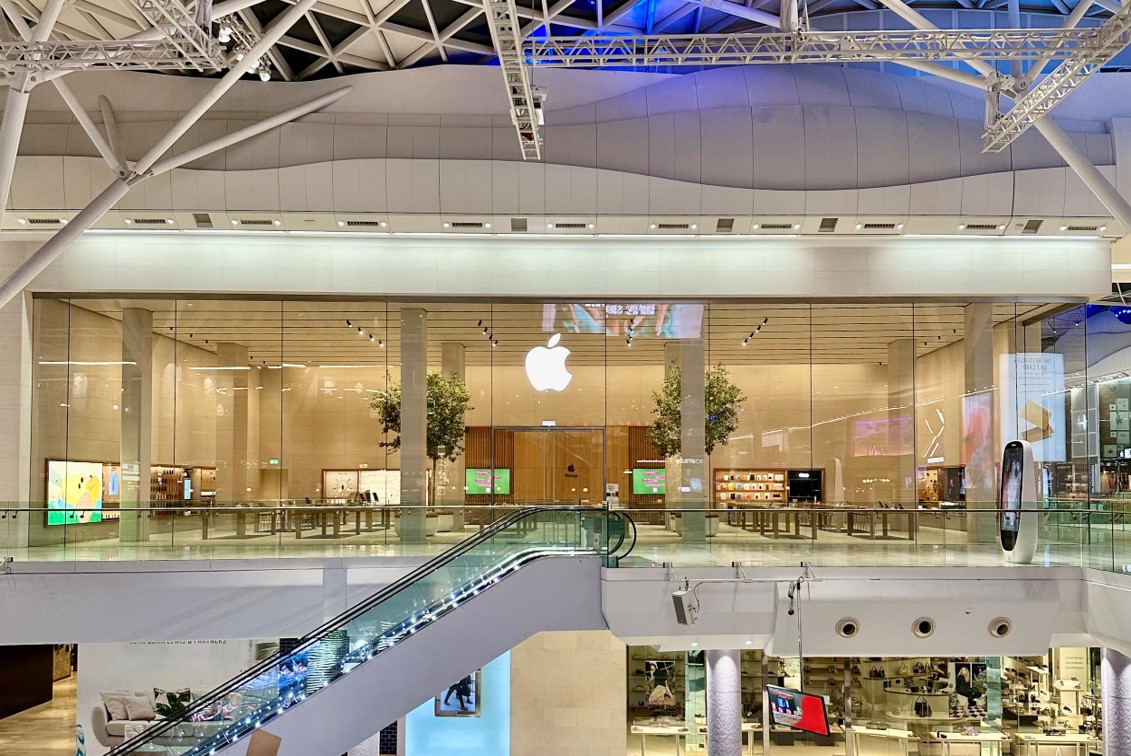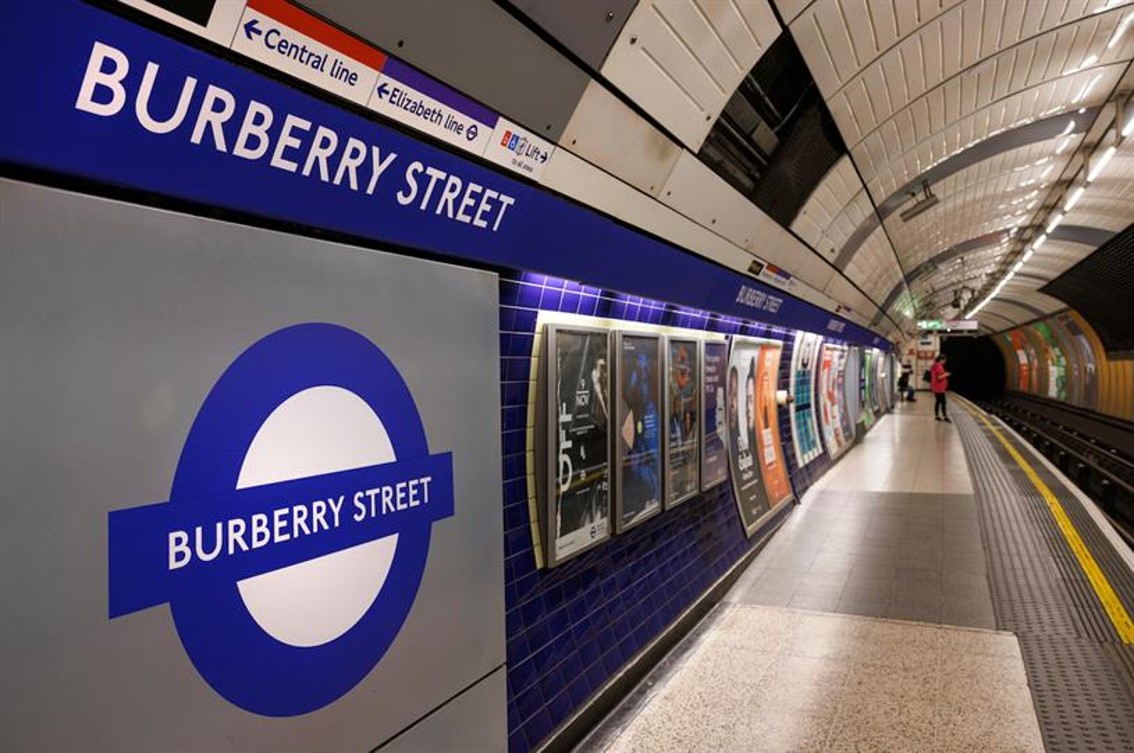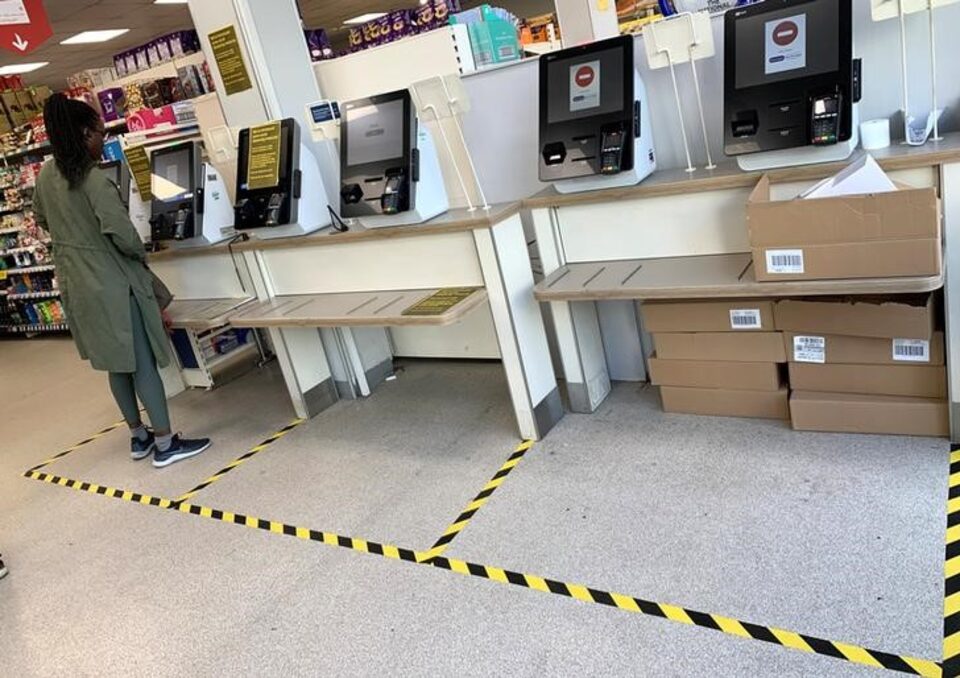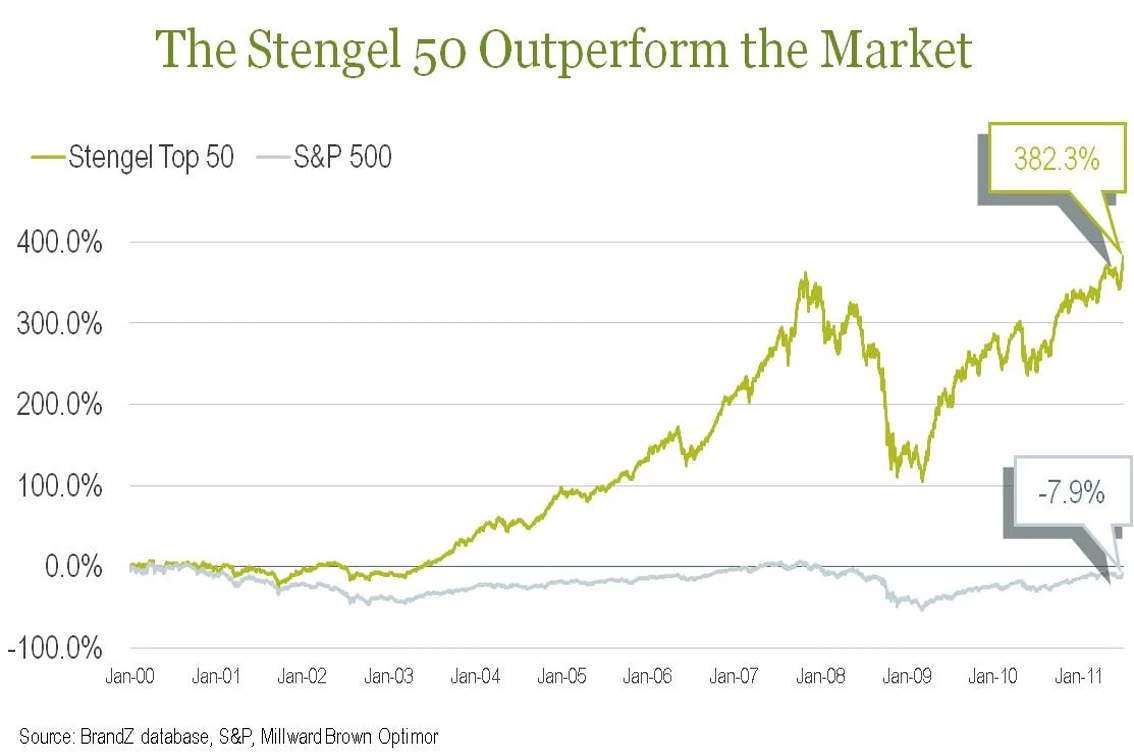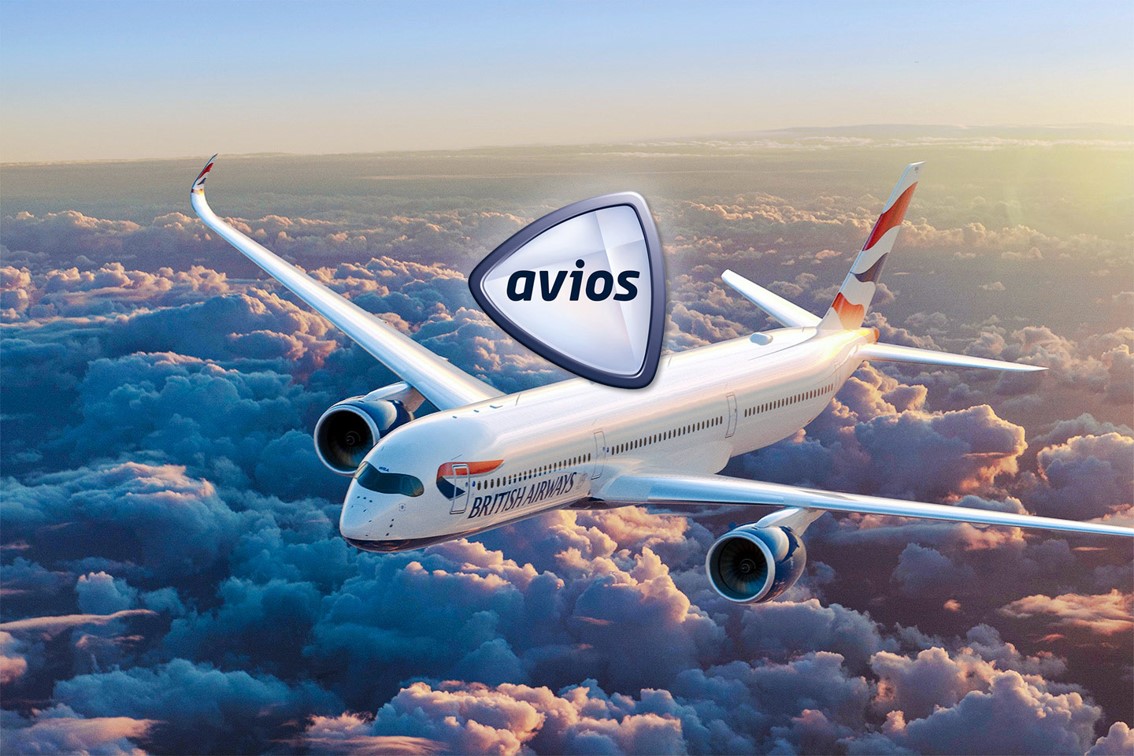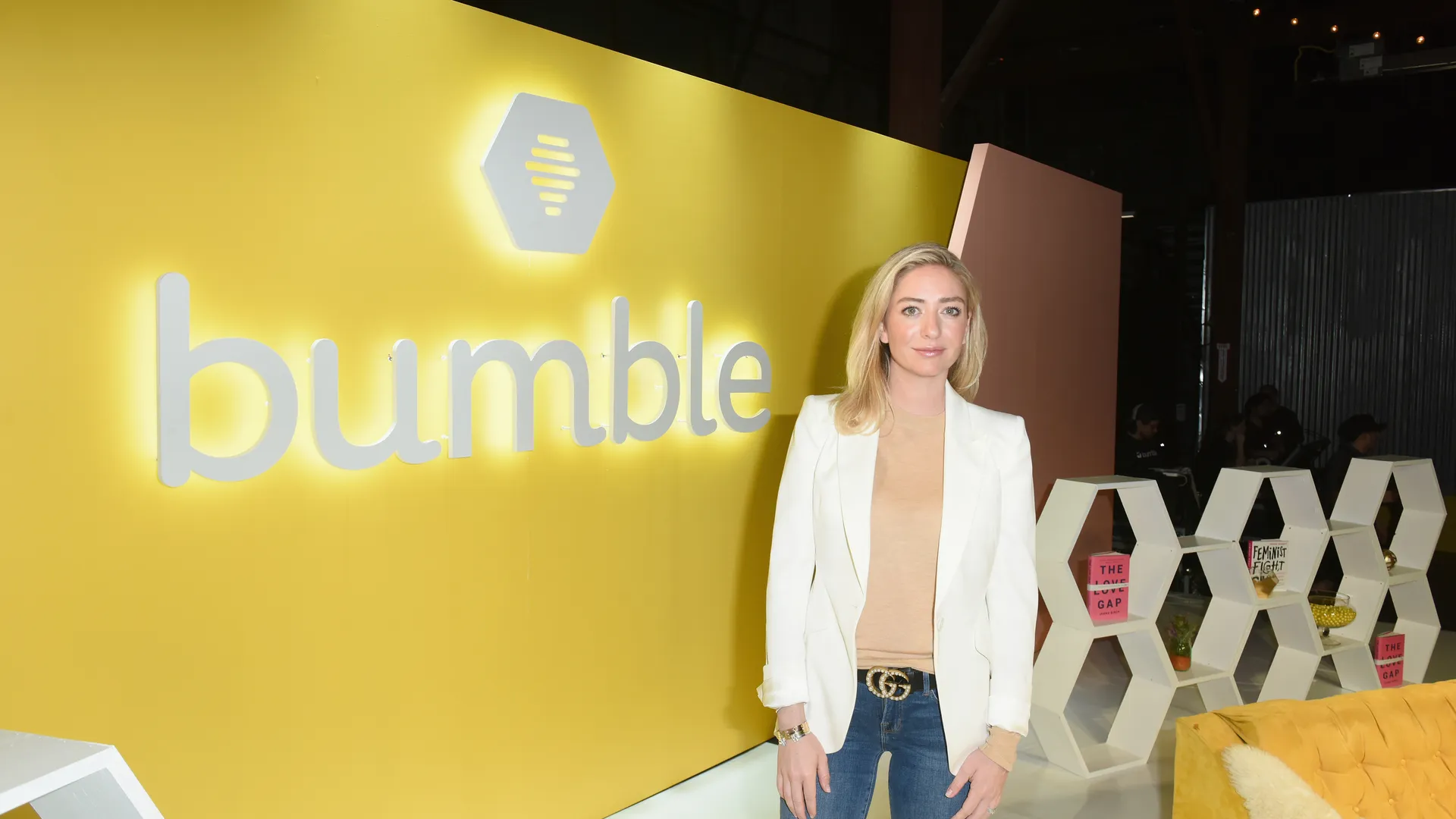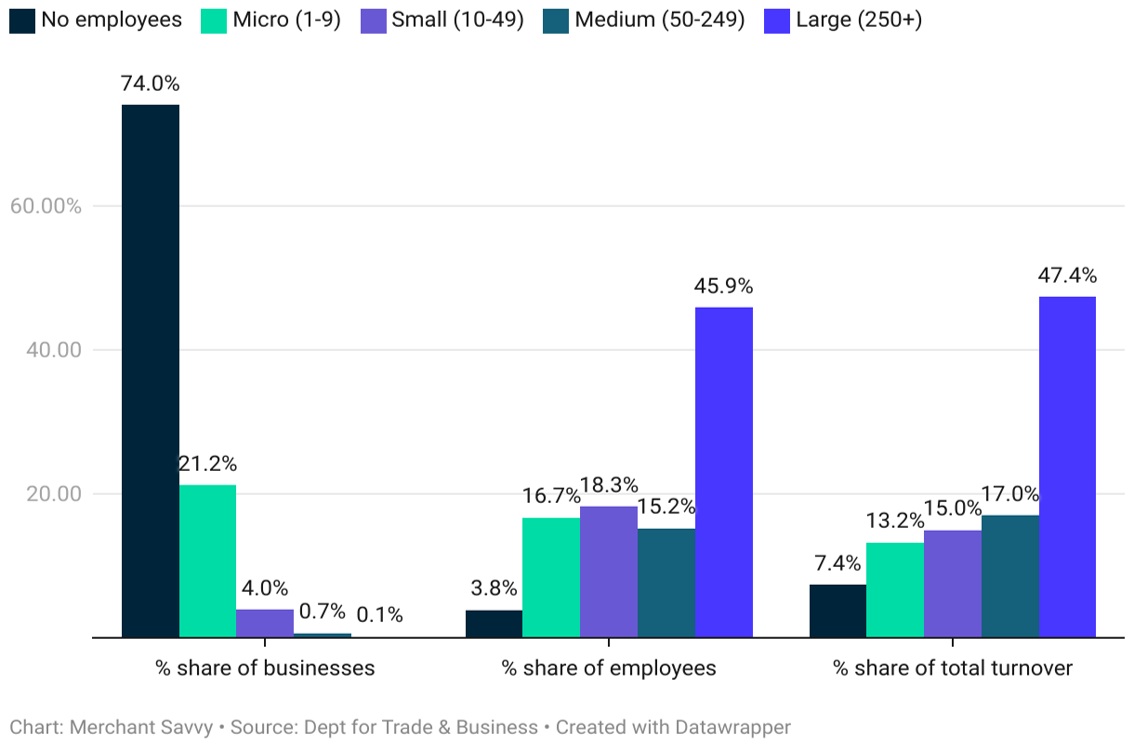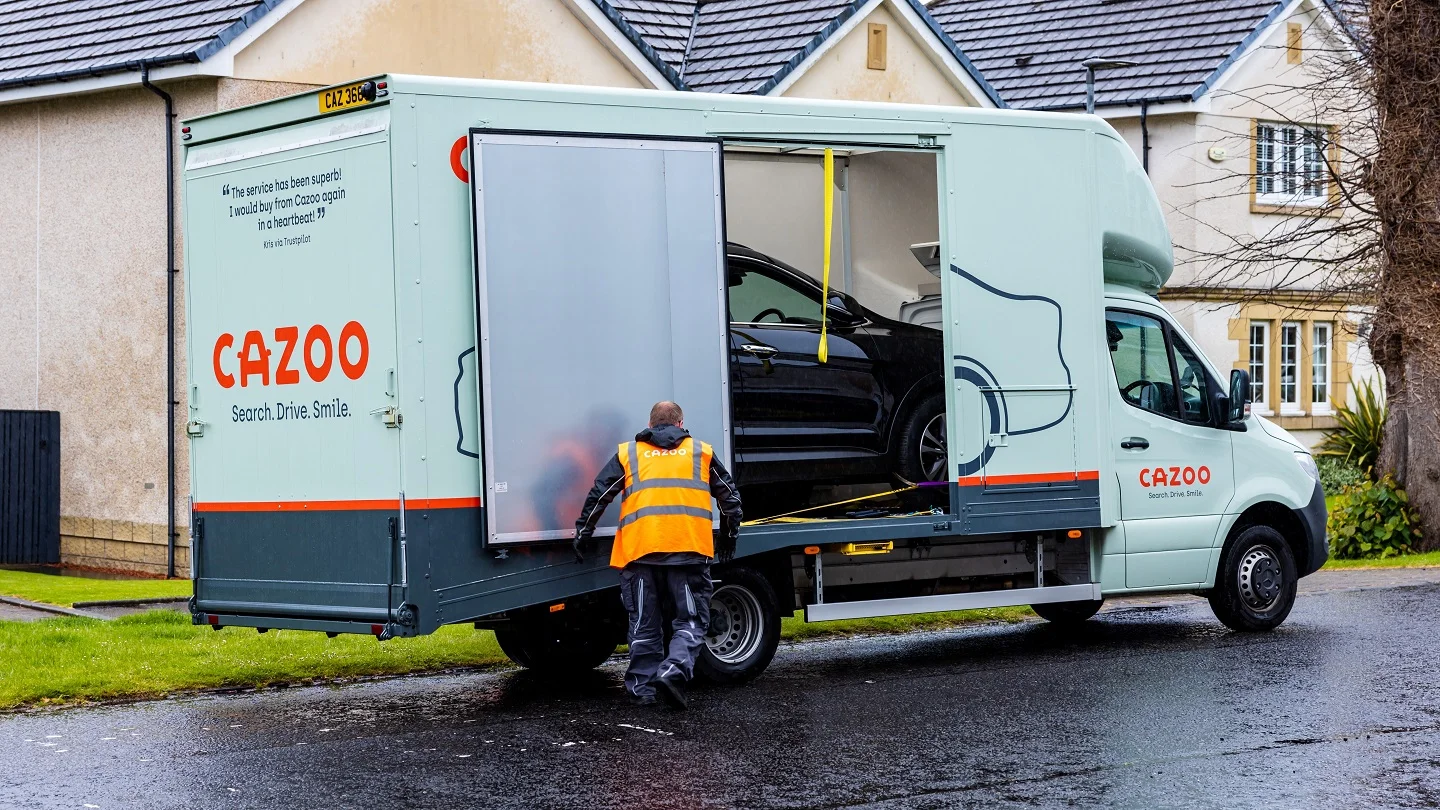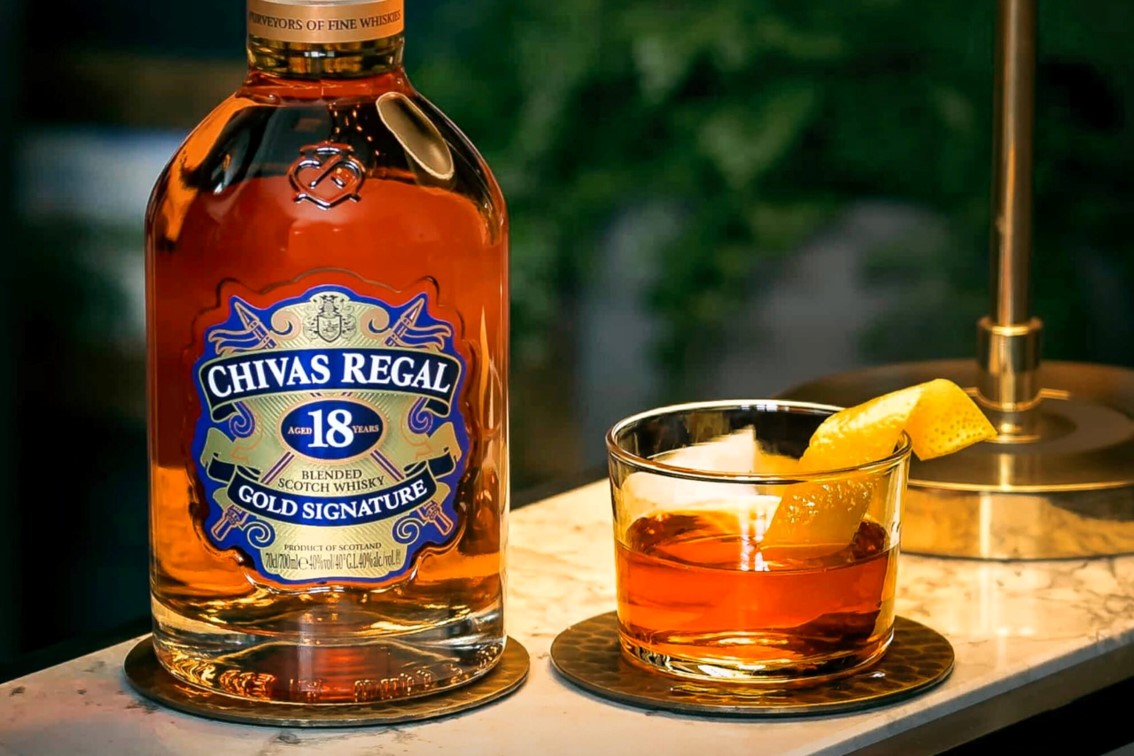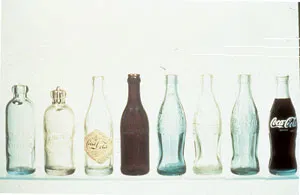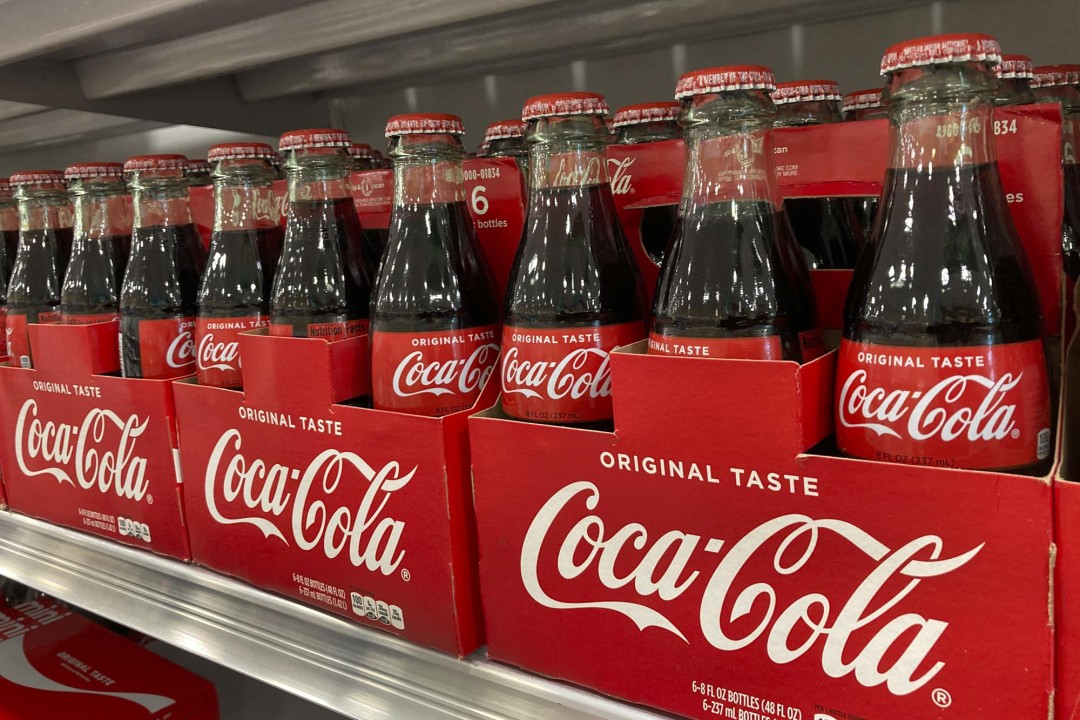Apple stores are so popular that they increase sales by 10% in the malls where they’re located.
Business & Brands
Transport For London temporarily renamed Bond Street station to ‘Burberry Street’, as part of a partnership with the brand during London Fashion Week. They seemed to forget that passengers rely on station signage to get around, and the stunt left many confused (and at the wrong station).
Booths, a British supermarket, got rid of its self checkout machines altogether because customers deemed them to be unreliable and impersonal. It turns out that the ‘hassle’ of human cashiers is actually their main benefit. As managing director Nigel Murray put it, “we pride ourselves on great customer service and you can’t do that through a robot.”
Jim Stengel, ex-CMO of Proctor & Gamble, claimed that the 50 brands with the strongest purpose outperformed the stock market. But as Richard Shotton has pointed out, the data doesn’t stack up: Stengel picked the top 0.1% of brands – period – so purpose has nothing to do with it. Plus, his definitions of purpose were vague at best.
British Airways make a quarter of their profit (£320m) from Avios points.
At age 22, Whitney Wolfe helped launch Tinder, but left a few years later before filing a lawsuit against the company alleging sexual harassment. The ensuing attention from the media – and cyberbullying from strangers – prompted her to launch Bumble, a dating app where women make the first move.
99% of UK businesses have fewer than 250 employees, and 75% have no employees whatsoever.
Car brands create status. In a study on dating website HotOrNot.com, three pictures showed the same man with the same background – the only thing that changed was the car he was next to. The more expensive the car, the higher his rating.
The online mattress brand is now no stranger to physical retail; it has over 50 stores worldwide, hosted a glamping trip during the last total solar eclipse, and even set up a pay as you go nap hotel in New York called the Dreamery.
Cazoo’s £6 billion valuation hinted that all car buying would be done online. But the company has now gone into administration, after generating losses of £700 million in 2022.
To overtake Johnnie Walker as market leader, Chivas Regel simply acted like market leader; putting the price up, and creating ads that didn’t show the pack (because number 1 is always recognisable).
Clicks aren’t a good proxy for brand results. There is no significant correlation between click-thru rate (CTR) and any brand effect metrics, such as ad recall, brand awareness or purchase intent.
Robert Woodruff, Coca Cola’s leading 20th century figure, understood the importance of distribution; promising to put Coke’s products “within arm’s reach of desire.” And he succeeded: today you can count the places it’s not sold on one hand.
Coca Cola doesn’t really sell soft drinks: it sells licensing to other companies who then manufacture and distribute Coca Cola.
Coca Cola is enjoyed in over 200 countries, and is available in the most remote places. Its presence is so universal that the former Zambian Health Minister complained that his country’s small villages stocked the brand but not lifesaving medicines.

